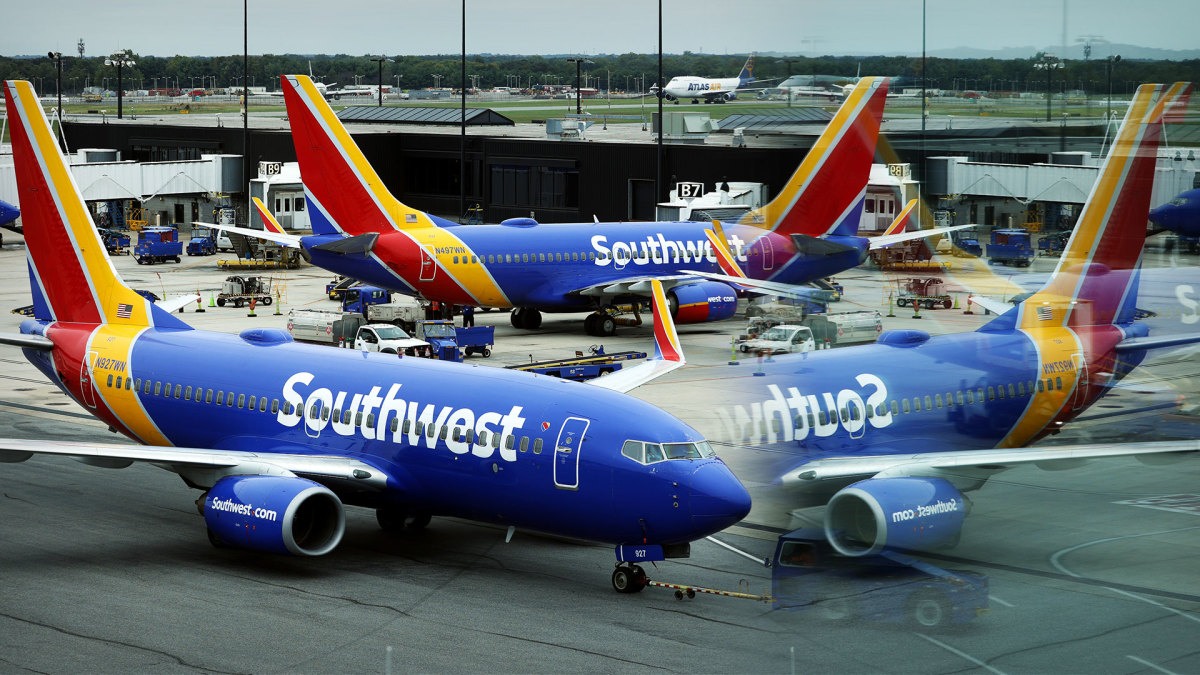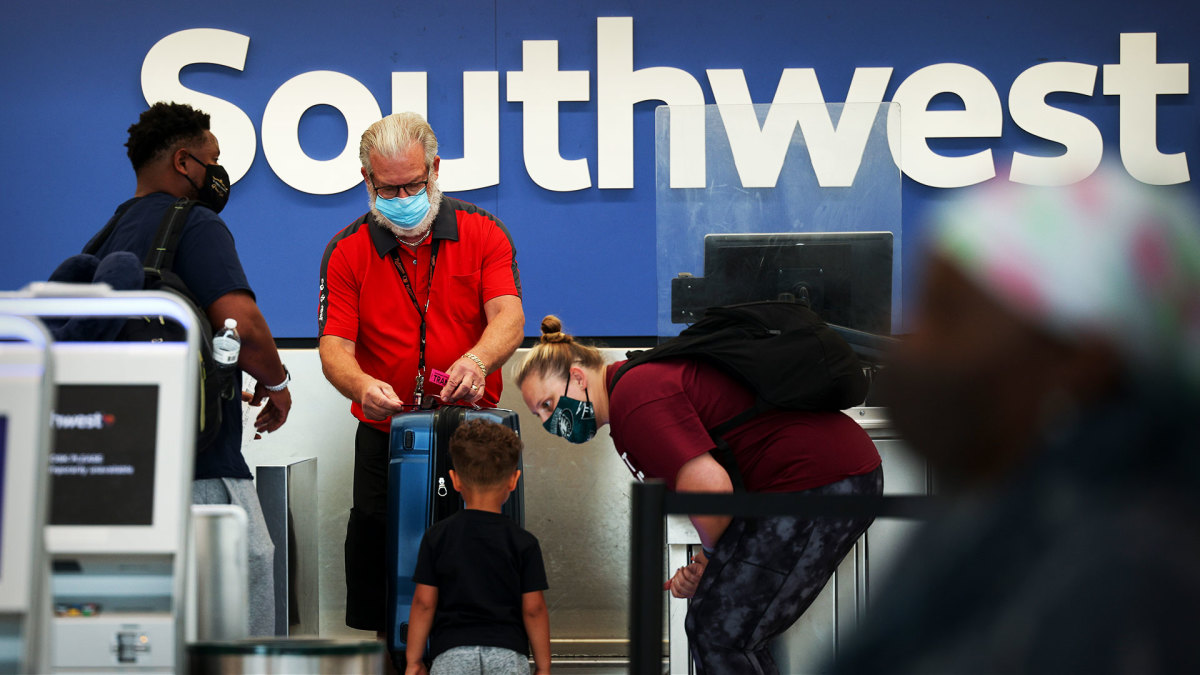
When airlines have fewer competitors on a route they make more money.
That's why airfares to popular cities serviced by multiple carriers often cost much less than trips to lesser-visited locations. Choice can drive down airfares as can an excess of seats.
Related: Las Vegas Strip site sets a dubious record with unpopular charge
Airlines also make more money from business travelers than they do people flying for leisure. Someone taking a vacation has more flexibility when it comes to flights as they can wait until locking down their airfare before booking hotel rooms and other parts of their trip.
Business travelers generally have less flexibility. When you attend a meeting or a conference, the dates tend to be set in stone which requires flying a more exact itinerary. In addition, when someone flies on the company's dime, they may be less likely to take a less desirable route or book travel that includes a stop or a plane change than when they are paying for the trip themselves.
That makes business travel lucrative for airlines and it explains why both Southwest Airlines (LUV) -) and American Airlines have asked the Federal Aviation Administration (FAA) to step up regulation of an upstart rival.

Image source: Kevin Dietsch/Getty Images
Southwest and American Airlines go after JSX
JSX, a small airline, has a fairly brilliant business plan. It flies smaller planes that look a lot like private jets out of smaller airports. That gives it a number of advantages over traditional airlines.
The company, it should be noted, does not use the term airline. It shared with TheStreet via email that it's classified as an “air carrier” or “public charter jet service.” That's an important distinction under FAA rules, which allows it to do things Southwest, American, and other airlines can't.
First, its passengers do not have to pass through a TSA checkpoint. They can board right on the tarmac and the airline has made part of its marketing, the idea that passengers can show as late as 20 minutes before the plane takes off.
JSX can do this because its planes fly with 30 or fewer passengers. That allows the airline to classify its flights as "public charters," which allows the company to not be subject to certain FAA rules.
The airline's planes, which were built with 37 seats, offer passengers more room and a private jet-like feel because the airline has removed seven seats in order to be able to use the "public charter' designation.
In addition, flying smaller planes allows JSX to use pilots that do not have the 1,500 hours of flight time that the FAA requires for larger planes. That has led a group including American Airlines (AAL) -), Southwest, and the world's largest pilot union the Air Line Pilots Association, International (ALPA) to ask the FAA to step in.
FAA asked to set one standard
The FAA, which is part of the U.S. Department of Transportation (DOT), has been asked by Southwest, American, and ALPA to set one standard for all airlines that carry passengers. They make that request citing that it's a safety issue that has nothing to do with trying to impact a rival that has found smart business mode;.
JSX flights generally cost in the range of business class fares on major airlines.
The ALPA has argued to the FAA that JSX should not be exempt from the 1,500 hour rule for safety reasons. That logic is hard to argue when you consider that smaller planes have always been exempt from that rule.
View From the Wing's also argued that JSX may actually have a safer system.
"JSX has 30,000-hour captains mentoring sub-1,500 hour co-pilots. And since they are largely one and two-hour flights," the company's pilots mostly sleep in their own beds — far better for fatigue than at nearly all major carriers," Reason reported.
And while there's nothing stopping Southwest, American, or any other airline from copying JSX's business model, the industry establishment has chosen to ask the FAA to change the rules. The agency has agreed to consider imposing new regulations on the upstart airline which its CEO Alex Wilcox called "a brazen attempt to regulate JSX out of business" in an email seen by Reason.







